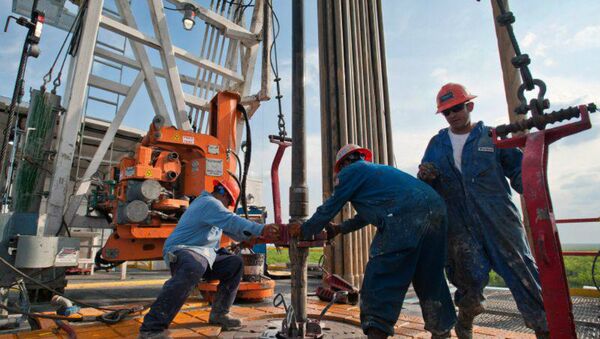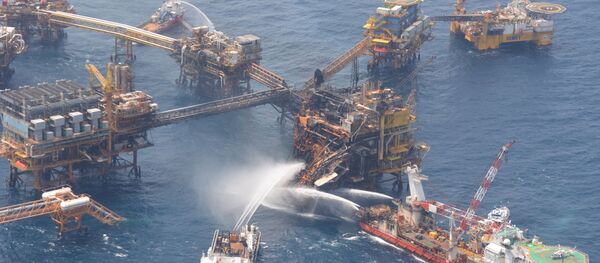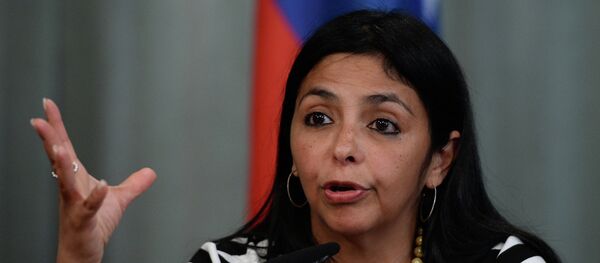The trading house was one of an investment consortium led by equity firm KKR, which bought the Oklahoma-based company for $7.2 billion in December 2011, a sum reported at the time to be the largest leveraged buyout of that year.
Itochu, Japan's third-largest general trading company after Mitsubishi and Matsui, acquired a 25 percent stake in Samson as part of the deal. Equity firms Crestview and Natural Gas Partners also bought stakes in the company, which controls approximately two million net acres of oil and gas reserves onshore in the US.
A spokesman for the company, once one of the largest privately held oil and gas producers in the US, told the press Samson had no timeline for the resumption of its drilling and completion activities, blaming the “steep reduction” in oil prices, which "increased the severity of some of the issues and forced us to more extreme steps than we initially believed was necessary," said Samson CEO Randy Limbacher.
Itochu is not the only one of Japan's diverse trading houses, or 'Sogo Shosha,' to run into difficulties with investments in US energy resources. Writedowns on investments in US shale oil projects led Japan's fourth largest trading house, Sumitomo, to announce in March a net loss of 85 billion yen [$711 million] for the financial year, its first annual loss in 16 years.



